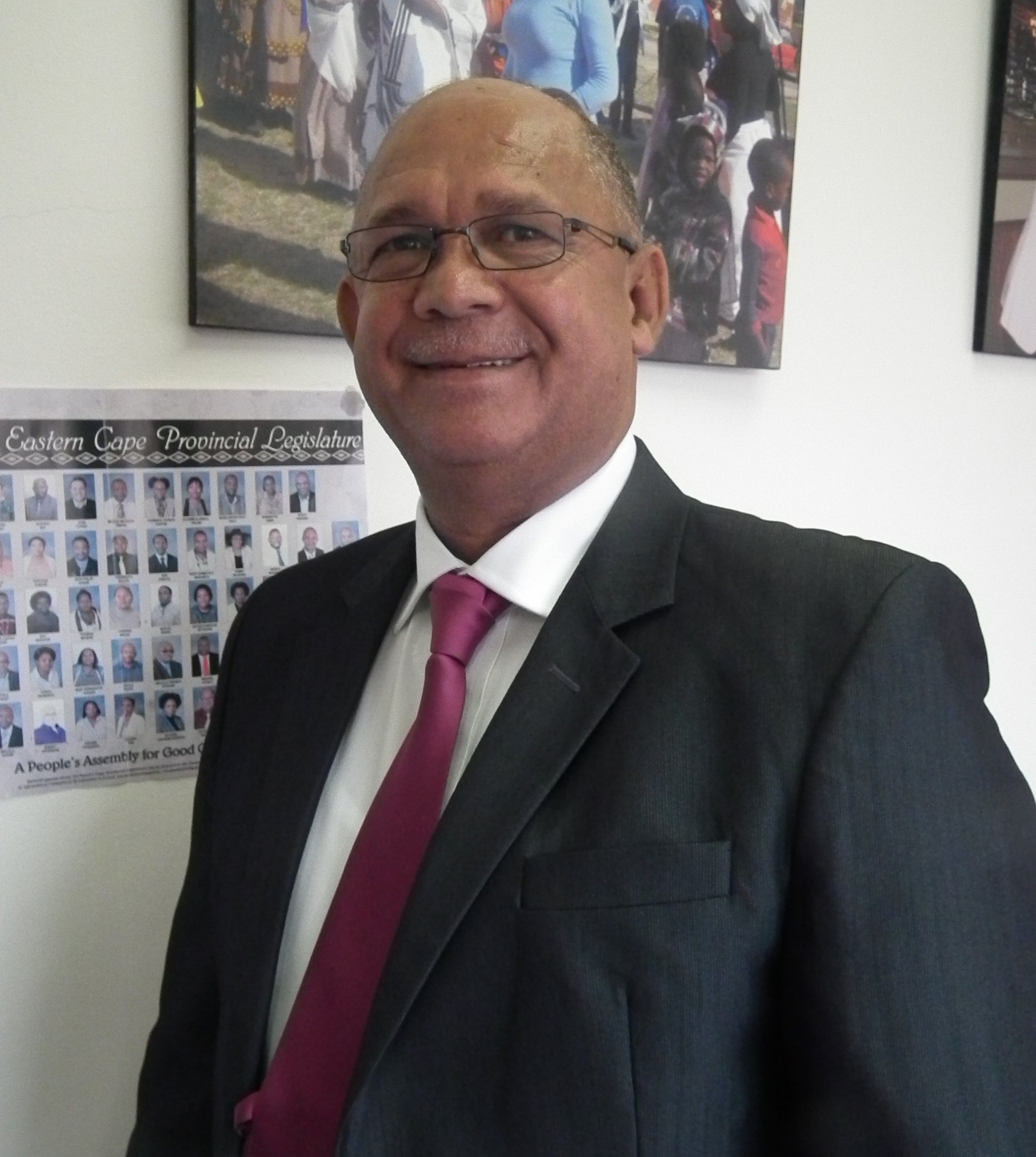
The Eastern Cape Department of Social Development is failing to meet the needs of a growing elderly population in the province, leaving many old and frail individuals destitute and without care.
Statistics released last month by Stats SA show that the province’s population of individuals 60 years and older has grown significantly over the past five years, from 708 000 (10.6%) in 2015 to 771 000 (11.4%) in 2020. The Eastern Cape also has the highest proportion of elderly in the country.
Despite the growing numbers and increased need for services for older persons, the Department is providing fewer and fewer services to older people each year.
A capable state would provide its residents with facilities that allow them to grow old with dignity, not cut support and reduce the number of institutions of care.
The Democratic Alliance is challenging Social Development MEC, Siphokazi Mani-Lusithi, to act now and implement a plan that deals with the need for services for the steadily increasing number of elderly in the province.
In response to a parliamentary question MEC Mani-Lusithi, revealed that there are currently 43 residential facilities for older people, run by non-profit organisations (NPOs) in the province, and only three operated by the state.
The response shows that the number of elderly people accommodated in these facilities is just 1612. This is down from 1812 elderly that, according to the Department’s annual reports, had access to facilities in the 2019/20 financial year and 1930 who had access in the 2018/19 financial year.
There are currently 711 people on waiting lists for these facilities.
The greatest need for extra facilities is in Nelson Mandela Bay, where the waiting list is nearly three quarters as long as the current occupancy lists. The response shows that 356 individuals are currently waiting for access, compared to the 481 who are accommodated.
The MEC says the Department has adopted a paradigm shift towards community-based care, due to increasing costs for institutional care, but the reality is that communities are unable to care for the elderly.
Rising unemployment and the rising cost of living in the province are forcing more elderly into abject poverty. Statistics available reveal that between 2011 and 2015, the number of individuals over 60 living in poverty in the province rose from 60.4% to 65.4%. Those unable to afford enough food for the month rose from 24.4% to 34.1% over the same period.
The reality is that while institutional care is expensive, there is a definite and growing need for it, and the Department is shirking its responsibilities in this regard.
The DA will continue to fight for the elderly and ensure that they are allowed to grow old with dignity and are treated with care and compassion.